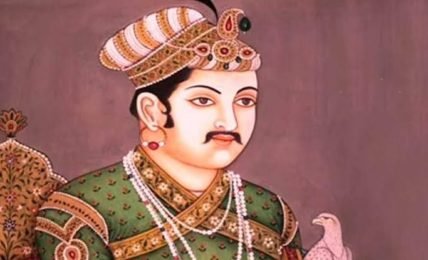The Uttarpara Speech of #SriAurobindo
If there is one speech that every Indian must read, and not once but again and again, it is Sri Aurobindo’s speech in Uttarpara on May 30th, 1909, after his release from Alipore Jail. It is greater in significance for the nation than Nehru’s ‘Tryst with Destiny’ or Gandhi’s Ahmedabad trial in 1922 where he ‘plead guilty’ to the Chauri Chaura incident. And it is equal in relevance to some of the greatest speeches that changed the world in modern times, including Churchill’s ‘blood, toil, tears and sweat’ and Roosevelt’s ‘a date that shall live in infamy’ or Swami Vivekananda’s speech in Chicago conference of religions in 1892.




